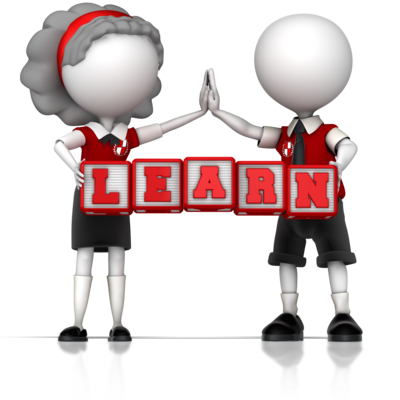
It was probably two decades ago when I first became acquainted with the now well-known quote of of Shoshana Zuboff where she says, “Learning is the new form of labor” (395). I was totally intrigued! It made no sense at all to me that learning would become the equivalent of work. That, however, was two decades ago. As the saying goes, the rest is history.
In today’s world of work, knowledge workers are indeed the most valuable players on team and in the building. Smart companies are doing all they can to retain these people who not only have acquired a level of high-quality knowledge, but who have also learned how to use that knowledge to solve unique workplace problems.
Technology
The most logical explanation behind their value is, of course, technology which requires a constant willingness to learn, unlearn, and re-learn. As technology continues to change and get smarter, to remain relevant means continually learning and adapting. And who does not want to remain relevant, right? If you’ve ever allowed yourself to momentary luxury of falling behind, you no doubt understand the challenge involved in playing catch up. Once caught up, you want to stay caught up.
Competitive Advantage
Globalization, the Internet and smart technologies as a trio, have unleashed an unprecedented competitive landscape that requires upskilling and reskilling the workforce. Skill development empowers employees to generate innovative ideas because true learning is first and foremost generative. Without learning, nothing changes. Skill and personal development facilitates faster and more agile adaptation to change, a constant need in today’s world of business.
Customer Expectations
Then we have the ever-increasing and changing customer expectations. They want new, better, and most creative solutions for their problems. To meet these demands, means being willing to learn and re-learn about current trends and what people are looking for today. This means developing active listening skills when many non-learners are developing their active talking skills. One thing we can count on. Yesterday’s needs and demands, will most likely not be the same as today’s.
Employee Retention
The best employees are people who are looking to self-actualize, and hiring managers will need the wisdom to recognize these human assets when they arrive. They will be looking for work environments where they can develop and find a sense of purpose and meaning, and sometimes, not necessarily related to the current job itself; but a learning culture that places real value on strategic innovative ideas. Jobs and cultures will have to be designed in ways that meet the unspoken needs of today’s best applicants who are seeking opportunities more than they are a job. It is a paradigm shift for employers.
Crisis Management
There is no shortage of crisis and uncertainty in modern workplaces. Managing uncertainty will require learning to use cognitive flexibility, such as recognizing when to use a problem-focused analytical approach to make a decision, as opposed to using a solution-focused approached. A problem-focused approach assumes that by understanding the cause of a situation, you are more likely to uncover the best solution. In exigent situations, however, there may not be sufficient time or information available, meaning one will have to forego cause and look for the most suitable and immediate solution. Those employees who engage in continuous learning will enhance their thinking flexibility, enabling them to easily shift their approach based on how the situation presents itself.
Conclusion
Knowledge workers are continuously learning, making themselves the most valuable people in any workforce today. They will maintain some degree of working knowledge of relevant technology, regardless of age. They will be a source of competitive advantage wherever they are situated because they will learn wherever they are. They will be familiar with current trends and customer needs, and have the ability to quickly adapt and innovate when necessary. You can count on them to act in the moment of a crises. They may not always make the best or right choice, but they will act.
Coach Diana Dee
Leave a Reply